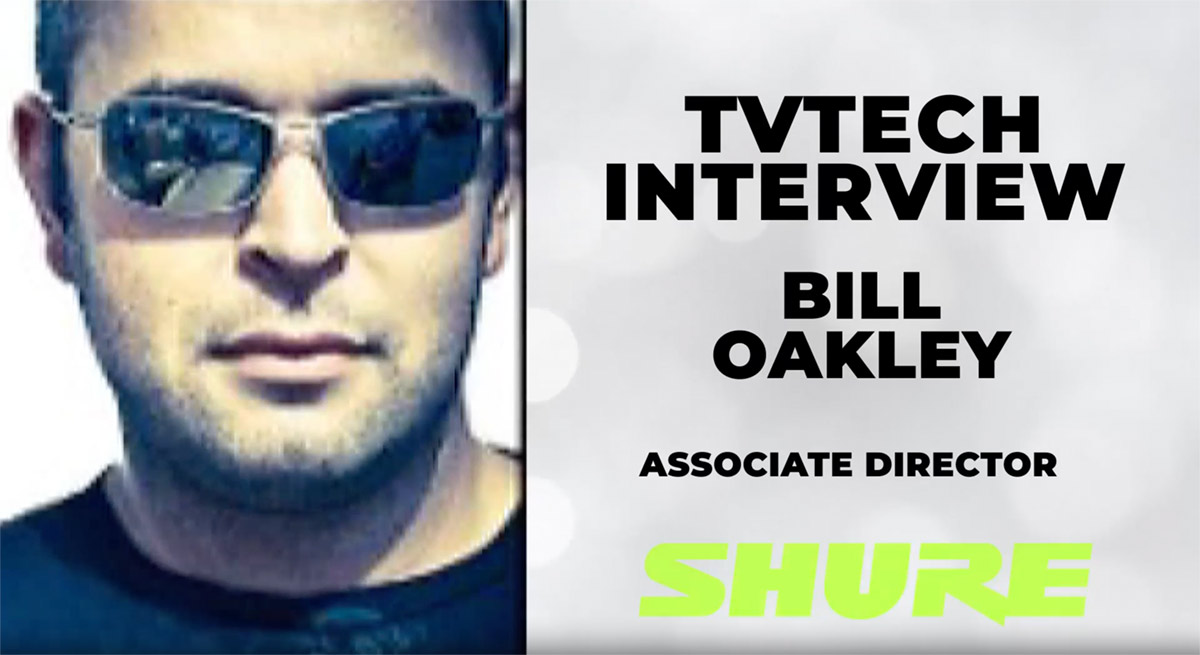House threatens broadcasters with big fines
With politicians on an election year indecency crusade, members of the House Commerce Committee have proposed raising fines to $500,000 for broadcasters and performers who air material considered objectionable. Broadcast stations with three offenses could have their licenses revoked.
Under the proposed Broadcast Decency Enforcement Act approved by the House committee, the maximum indecency fine would increase from $27,500 to $500,000 for each incident aired on radio and TV. The bill puts the same responsibility on individuals who utter profane remarks or make indecent gestures. They would face the same fines as the corporations that hold the broadcast licenses.
Language in the bill sets no maximum fine, meaning a network would be liable for every indecent action broadcast on all of its stations, and an individual performer could face a fine for every curse word, image or gesture deemed to be indecent or obscene. Independently owned stations, however, will not be liable for fines for live programming or scripted programming from the network over which they have control. Market size and ability to pay will also be taken into account for fines.
The bill also includes provisions that would require the FCC to consider revoking the licenses of broadcasters with three indecency offenses, require quicker action on indecency complaints and protect affiliates stations from fines for live shows or shows they have not been able to review.
“Be on guard that your license renewal is in danger,” said Joe Barton, R-Texas, the newly installed House Commerce chairman. “We are not going to accept that material on our public airwaves.”
Such moves further widen the gap between the more provocative programming available on cable and satellite and the increasingly restricted content available on over-the-air stations. Some network executives have long argued they cannot compete for the largest audiences with such restrictions.
While the legislation could hit the House floor this week, industry opposition is growing. The National Association of Broadcasters (NAB) is now opposing the bill, saying voluntary industry initiatives are a better way to attack the problem.
The professional video industry's #1 source for news, trends and product and tech information. Sign up below.
“NAB does not support the bill as written, but we hear the call of legislators and are committed to taking voluntary action to address this issue,” NAB president and CEO Eddie Fritts said.
Under FCC rules, explicit references to sexual or excretory acts are banned during prime viewing hours of 6 a.m. to 10 p.m. The FCC has never revoked a license for violation of decency standards even though it possesses the authority. The bill encourages the agency to use that tool against the worst offenders.
Broadcast industry executives have asked for better guidance on what constitutes indecency, saying the existing standards are too vague. Lawmakers aren’t sure how to redefine decency standards and don’t want legislation to become entangled in such a debate. The burden will still fall upon the FCC to make those judgments.
Because cable and satellite channels face no such regulation over content, the FCC’s scrutiny further limits the high-profile provocative kind of programming on terrestrial channels that has proved popular with viewers on the pay services.
